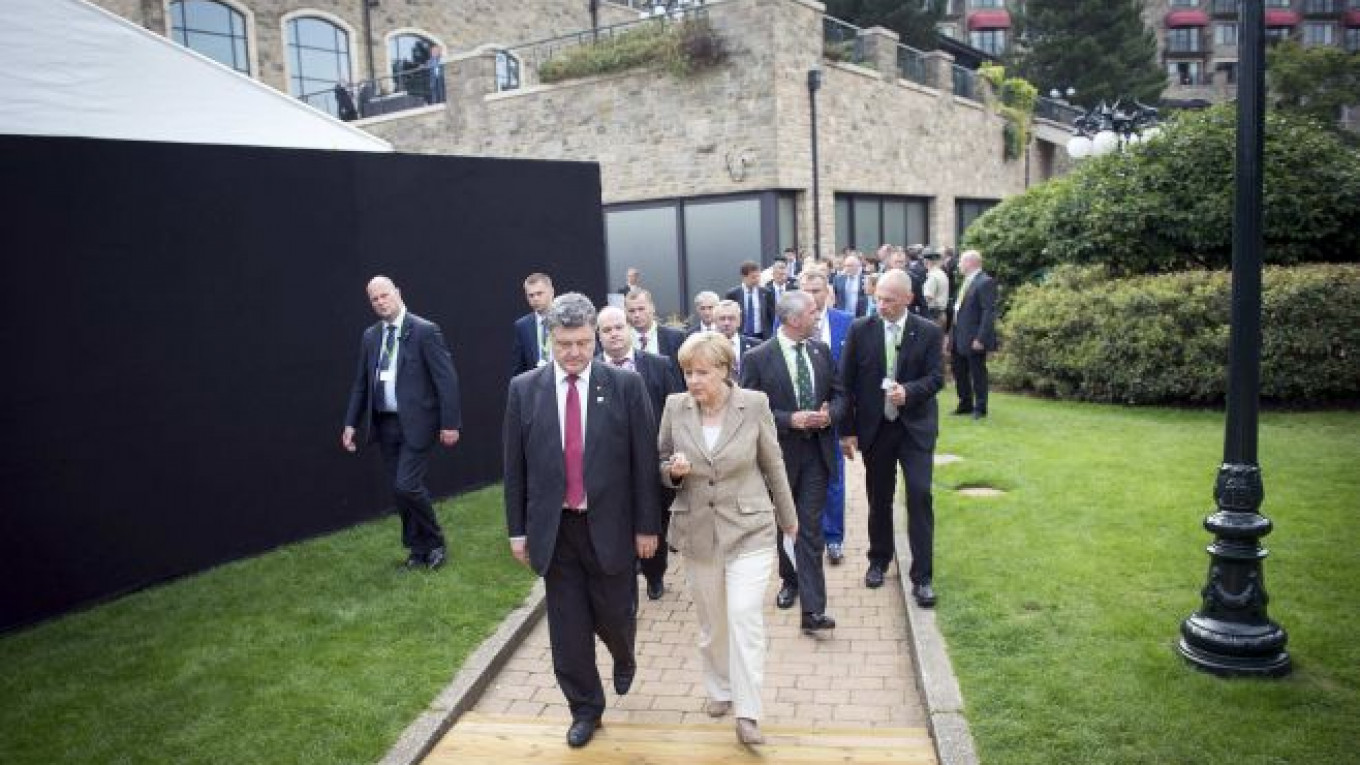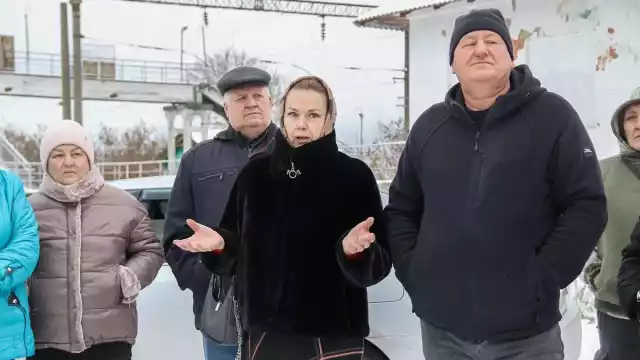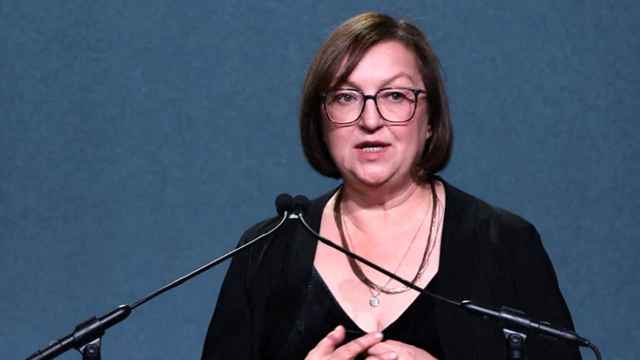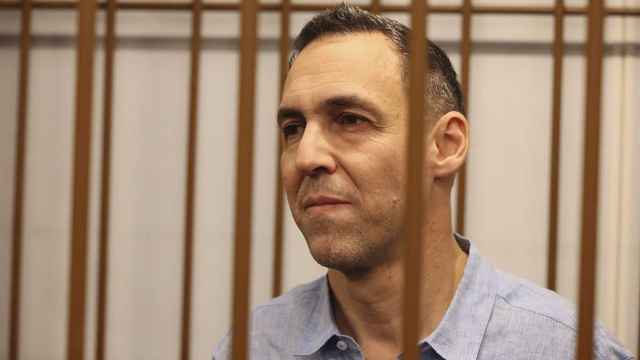NATO demanded on Thursday that Moscow withdraw its troops from Ukraine as U.S. President Barack Obama and his Western allies vowed to support Kiev and buttress their own defenses against Russia in the biggest strategic shift since the Cold War.
NATO leaders made clear at a summit in Wales that their military alliance would not use force to defend Ukraine, which is not a member, but planned tougher economic sanctions to try to change Russian behavior in the former Soviet republic.
The two-day meeting was marked by the most serious east-west standoff since the fall of the Berlin Wall 25 years ago and the collapse of the Soviet bloc, as well as alarm at territorial gains by Islamist insurgents in Iraq and Syria.
Western officials voiced deep caution about Kremlin talk of an imminent cease-fire in a five-month-old armed revolt by pro-Russian separatists in eastern Ukraine, timed just as NATO was meeting and the European Union was preparing new sanctions.
Previous such statements had proved to be "smokescreens for continued destabilization of Ukraine," NATO Secretary-General Anders Fogh Rasmussen told reporters after the 28 leaders met Ukrainian President Petro Poroshenko.
"We call on Russia to end its illegal and self-declared annexation of Crimea," Rasmussen declared. "We call on Russia to pull back its troops from Ukraine and stop the flow of arms, fighters and funds to the separatists. We call on Russia to step back from confrontation and take the path of peace."
German Chancellor Angela Merkel said the West was prepared to lend weight to those demands with further sanctions but also to talk to Moscow about a political solution.
Poroshenko, whose forces have suffered a string of setbacks in the last week, told reporters he would order a cease-fire on Friday if an agreement on a peace plan to end the war in eastern Ukraine is signed at talks in the Belarus capital of Minsk.
"The only thing we need now for peace and stability is just two main things: first, that Russia withdraw their troops, and second, to close the border," the Ukrainian leader said, adding he was cautiously optimistic about Friday's peace talks.
A NATO military officer said Moscow had "several thousand" combat troops and hundreds of tanks and armored vehicles operating in Ukraine. The Kremlin denies it has any forces fighting alongside the rebels.
The White House said Obama and leaders of Germany, France, Britain and Italy agreed on the sidelines of the summit that Russia should face "increased costs" for its actions.
French President Francois Hollande said tougher EU sanctions, due to be adopted on Friday, would depend on events in the coming hours. Diplomats said there was little chance of them being derailed, even if a cease-fire were signed.
Poroshenko's forces were battling to cling to the key port of Mariupol on the Sea of Azov, which is vital to Ukrainian steel exports. Explosions were heard close to the city, halfway between Crimea and Russia.
The Ukrainian leader sought arms and training for his armed forces from Western partners as well as political support against Russian President Vladimir Putin. He hinted that several NATO countries had agreed to provide lethal or non-lethal military equipment but gave no details.
Russia Warns
Poroshenko avoided public talk of reviving Ukraine's bid to join NATO which had reopened a rift among the allies. Obama said in Estonia on Wednesday that the door to membership would remain open to states that meet NATO standards and "can make meaningful contributions to allied security," but France and Germany remain opposed to admitting Kiev, fearing it would exacerbate tension with Moscow and could suck them into a war.
Russian Foreign Minister Sergei Lavrov underlined Moscow's opposition to Ukraine joining NATO, warning that attempts to end the country's non-aligned status could harm security. He accused the United States of supporting "the party of war" in Kiev.
After a week of defiant statements from Putin, Lavrov said Russia was ready for practical steps to deescalate the crisis and urged Kiev and the rebels to heed cease-fire proposals put forward by Moscow on Wednesday.
As more than a decade of inconclusive NATO-led combat operations in Afghanistan draws to a close, marked by a solemn ceremony at the summit on Thursday, the alliance is refocusing in part on its core task of defending its territory.
Leaders will announce the creation of a "spearhead" rapid reaction force on Friday, potentially involving some 4,000 troops, that could be sent to a hotspot in as little as two days, officials say.
Eastern European NATO members, including Poland, wanted NATO to station thousands of troops permanently on their territory to deter any possible Russian attack.
But NATO members have spurned that idea, partly because of the expense and partly because they do not want to break a 1997 agreement with Russia under which NATO committed not to base significant combat forces in the east.
Instead, leaders will agree to preposition equipment, fuel and ammunition in eastern European countries with bases ready to receive the NATO rapid reaction force if needed.
The Baltic states Latvia, Lithuania and Estonia, the only parts of the former Soviet Union to be admitted to NATO, fear Moscow could meddle in their affairs with the same rationale it applied in Ukraine — protecting Russians. All three have significant Russian minorities.
So far, Western military support for Ukraine has been mostly symbolic. NATO leaders approved a package of support for Kiev, pledging trust funds worth some 15 million euros ($19.4 million) to improve Ukrainian military capabilities in logistics, command and control and cyber defense.
A dozen countries will join an exercise in Lviv, Ukraine, later this month, co-hosted by Ukraine and the U.S. Army.
Russia Relationship
NATO suspended security cooperation with Russia in March after the annexation of Crimea but the leaders stopped short of severing frozen political ties in hopes of a future thaw.
France, which has faced fierce pressure from Washington and other NATO allies to halt the sale of two helicopter carriers to Russia, said Wednesday it would not for now deliver the first of the warships due to Moscow's actions in Ukraine. Hollande said the deal was not canceled or suspended, but a cease-fire and a political settlement were necessary for delivery.
A Message from The Moscow Times:
Dear readers,
We are facing unprecedented challenges. Russia's Prosecutor General's Office has designated The Moscow Times as an "undesirable" organization, criminalizing our work and putting our staff at risk of prosecution. This follows our earlier unjust labeling as a "foreign agent."
These actions are direct attempts to silence independent journalism in Russia. The authorities claim our work "discredits the decisions of the Russian leadership." We see things differently: we strive to provide accurate, unbiased reporting on Russia.
We, the journalists of The Moscow Times, refuse to be silenced. But to continue our work, we need your help.
Your support, no matter how small, makes a world of difference. If you can, please support us monthly starting from just $2. It's quick to set up, and every contribution makes a significant impact.
By supporting The Moscow Times, you're defending open, independent journalism in the face of repression. Thank you for standing with us.
Remind me later.






